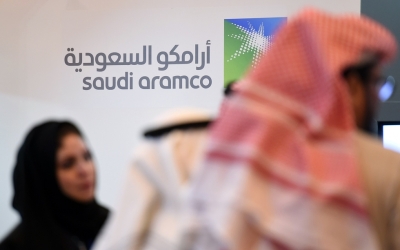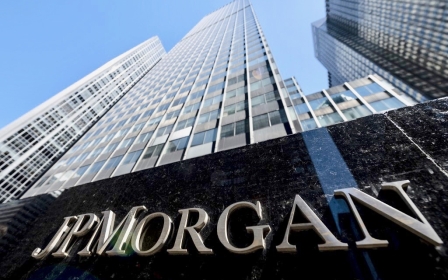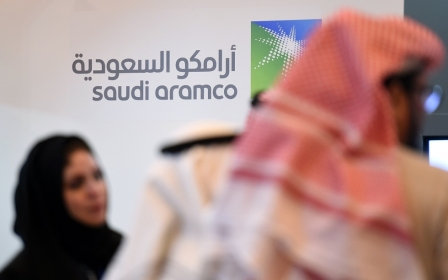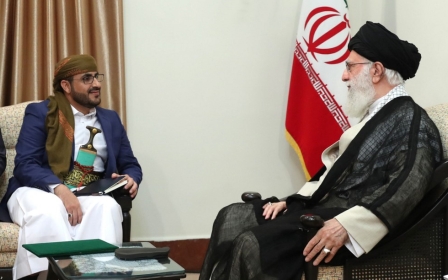Saudi Arabia shuts down about half of its crude production after drone strikes
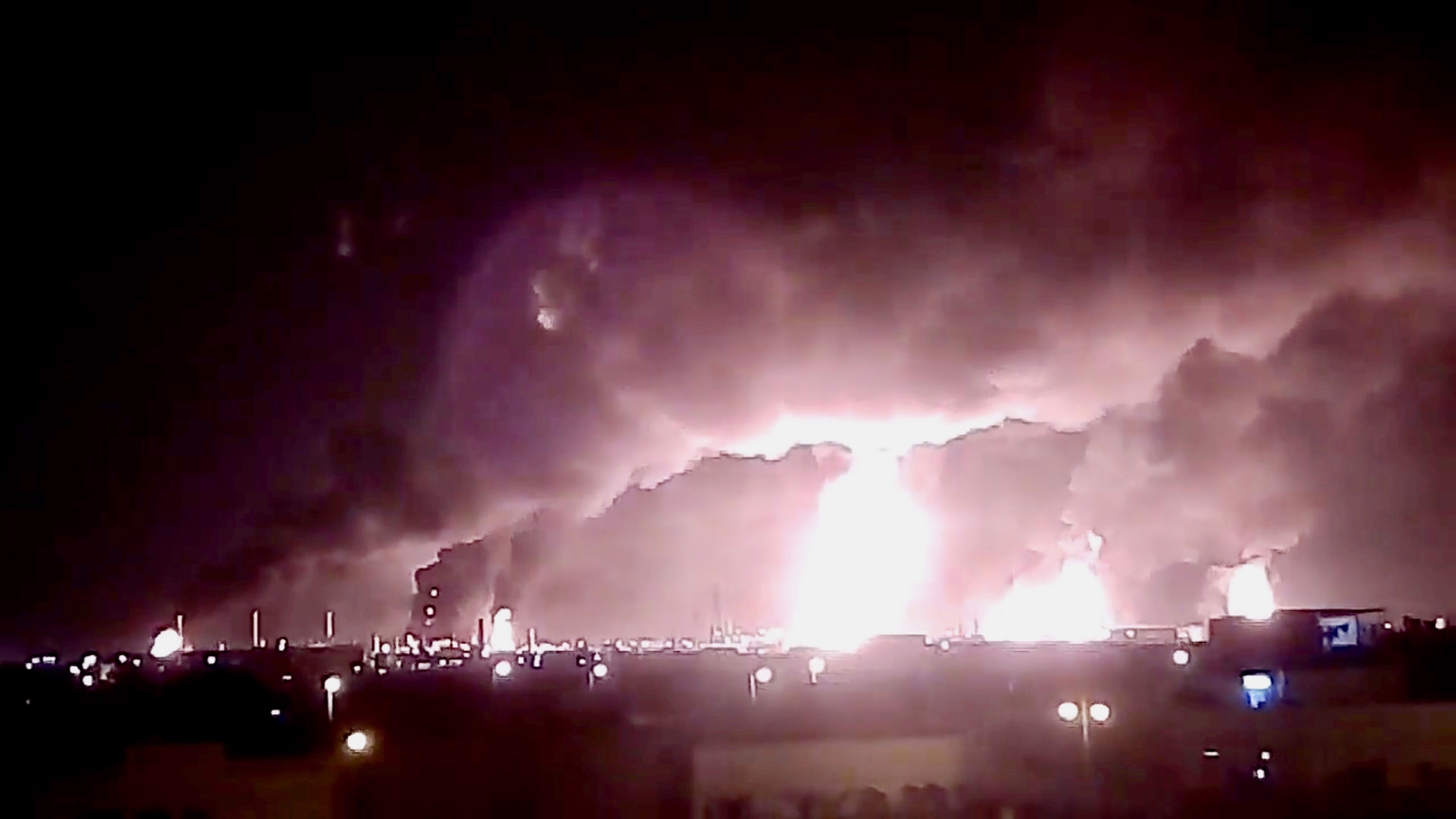
Coordinated drone strikes on the heart of the Saudi oil industry forced the kingdom to shut down about half of its crude production on Saturday, the Wall Street Journal and other media reported, potentially roiling petroleum prices and exposing the threat to critical Saudi infrastructure.
The attacks cut production by about 5.7 million barrels per day (bpd), Reuters cited Saudi Aramco as saying in a statement, or more than five percent of the world’s daily output. The WSJ said officials hoped to restore production to its regular level of 9.8 million bpd by Monday.
Huge clouds of smoke rose into the sky after the pre-dawn attacks on Abqaiq and Khurais, two key Aramco facilities in eastern Saudi Arabia, as the state-owned giant prepares for a much-anticipated stock listing. Yemen’s Iran-aligned Houthi rebels claimed credit for the attack, saying they sent 10 drones to strike the facilities in Saudi Arabia’s oil-rich Eastern Province.
While the Houthis claimed responsibility, US Secretary of State Mike Pompeo accused Iran of leading the attack and denounced Tehran for engaging in false diplomacy.
New MEE newsletter: Jerusalem Dispatch
Sign up to get the latest insights and analysis on Israel-Palestine, alongside Turkey Unpacked and other MEE newsletters
"Tehran is behind nearly 100 attacks on Saudi Arabia while Rouhani and Zarif pretend to engage in diplomacy," Pompeo said in a Twitter post, referring to Iran's President Hassan Rouhani and Foreign Minister Mohammed Javad Zarif.
"Amid all the calls for de-escalation, Iran has now launched an unprecedented attack on the world's energy supply," Pompeo tweeted, offering no evidence of the origin of the attacks, according to Reuters.
In a phone call with US President Donald Trump, Crown Prince Mohammed bin Salman said the kingdom was "willing and able" to respond to this "terrorist aggression", according to Saudi state media.
Interior Ministry spokesman Mansour al-Turki told AFP there were no casualties in the attacks.
Still, the full extent of the damage was not immediately clear as reporters were not allowed near the plants where Saudi authorities swiftly beefed up security.
"Abqaiq is perhaps the most critical facility in the world for oil supply," Jason Bordoff, who runs the Center on Global Energy Policy at Columbia University and served on the US National Security Council during Barack Obama's presidency, told Reuters. "The risk of tit-for-tat regional escalation that pushes oil prices even higher has just gone up significantly."
The attacks follow earlier cross-border attacks on Saudi oil installations and on oil tankers in Gulf waters.
A Houthi military spokesman claimed responsibility for Saturday's attacks via the group's Al Masirah TV station. The broadcaster said the group had pledged to widen the range of its attacks on Saudi Arabia.
Saudi Arabia, which leads a military coalition that intervened in Yemen in 2015 against the Houthis, has blamed regional rival Iran for previous attacks. Tehran has denied the allegations. Riyadh also accuses Iran of arming the Houthis, a charge denied both by the group and Tehran.
Riyadh had reportedly hoped for a quick win against the Houthis, but instead waded into a quagmire that has cost it billions of dollars and tarnished its reputation, while sparking a humanitarian crisis in Yemen.
The Saudi interior ministry said in a statement that early Saturday morning, industrial security teams of Aramco began "dealing with fires at two of its facilities in Abqaiq and Khurais as a result of ... drones". It added that "the two fires have been controlled," according to SPA.
"The Saudis are using language in their statements to assure customers that the fires are under control," Samir Madani, co-founder of shipping monitoring website TankerTrackers, told AFP. "But there could be supply disruptions if the damage at Abqaiq is extensive."
The US envoy to Saudi Arabia condemned the attacks as "unacceptable".
"The US strongly condemns today's drone attacks against oil facilities in Abqaiq and Khurais," the US mission quoted Ambassador John Abizaid as saying. "These attacks against critical infrastructure endanger civilians, are unacceptable, and sooner or later will result in innocent lives being lost.”
Many western employees of Aramco live in Abqaiq. Located 60km southwest of Dhahran, it contains the world's largest oil processing plant. Khurais, 190km further southwest, contains the country's second-biggest oil field.
The latest attacks come as Saudi Arabia accelerates preparations for a much-anticipated initial public offering of Aramco, the world's most profitable company.
The mammoth IPO forms the cornerstone of a reform programme envisaged by the powerful crown prince to wean the Saudi economy off its reliance on oil.
Aramco CEO Amin Nasser had told reporters on Tuesday that the company was ready for a two-stage stock market debut, including an international listing "very soon".
Middle East Eye delivers independent and unrivalled coverage and analysis of the Middle East, North Africa and beyond. To learn more about republishing this content and the associated fees, please fill out this form. More about MEE can be found here.



